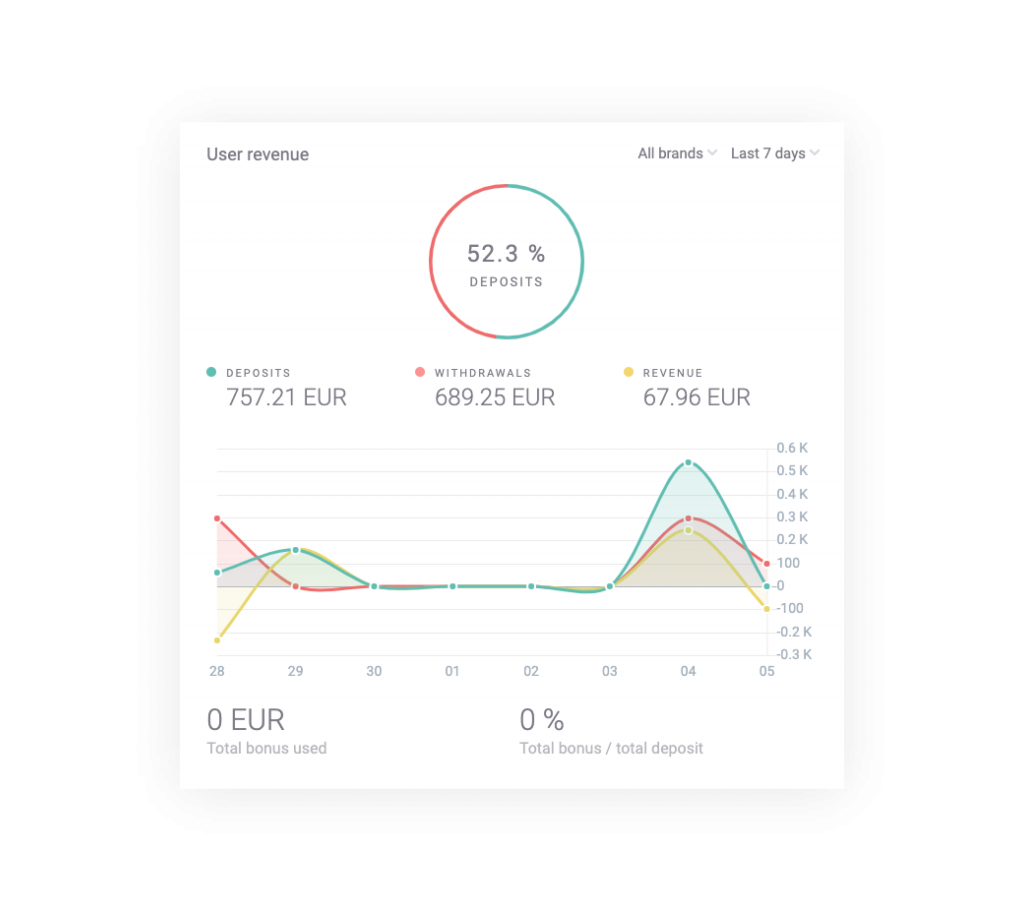The online gambling industry in the US might still be in its infancy but there is no dispute about its size and power.
American Gaming Association’s (AGA) Commercial Gaming Revenue Tracker’s February report states that iGaming generated $3.71 billion in revenue, a rise of 139% from 2020 – and more sites are expected to open their doors in the coming years.
With a huge shift in player protection measures and increased bonus abuse alleviation seen across the pond, we’ll dive into what US operators can learn from the UK market.
Be Smart about Bonus Abuse
The UK iGaming industry is one of the most mature markets in the world and over the years, it’s certainly seen its fair share of bonus abuse.
Bonus abuse fraud sees a bad user create multiple accounts to claim promotions run by operators, often in the form of free bets, spins, etc. To do this, they may use synthetic identities, stolen identities, and prepaid or stolen card details.
Multi accounting, while not illegal, goes against terms and conditions for many iGaming companies.
These promotional offers are massive opportunities to secure new customers but without real vetting of who is entering your site, they can lead to heavy losses.
In a SEON webinar titled Getting It Right: iGaming Risk Management with iGaming and bonus abuse expert Greco, co-founder Ozric Vondervelden states that he believes the US market is similar to where the UK was “a decade ago” but it has the opportunity to strengthen its core offerings and strategy to best suit the needs of a modern punter.
He explained:
“The UK initially launched with big acquisition offers but the ones that survived were those that focused on retention as well, and this can be seen in the US already.
A report we’re developing (which will be released in full at iGaming NXT) saw the directly convertible value of 31 brands’ casino bonus offers equated to $13,000 in New Jersey alone. In comparison to the UK with over 200 brands, there’s only around £2,000 [$2500] available so there’s a huge amount of value for bonus abusers to operate in the US.”
With such large amounts of money available for low risk, many operators are almost training their potential customers to become accidental bonus abusers, bouncing from one brand to the next, and soaking up all the free bets instead of remaining with one operator as a good, active customer.
“It doesn’t take much for an average person to realize they can game this system and then it’s a matter of scaling the process with multiple identities, accounts, etc. We’re already seeing many bonus abuse forums talking about moving operations into the US space to take advantage of this value.”
It’s always a balance between growth targets and risk management for businesses looking to grow exponentially but for US operators, remaining cautious with bonus offers ensures long-term sustainability and minimizes the risk of bonus abuse.
Ozric believes that if the US can make the transition of focusing on acquisition to retention sooner, they’ll secure more loyal players and be less likely to attract fraudsters with smaller amounts of bonus offers.
If your main KPIs include growth, of course, you’re going to be big on signup bonuses – but what you should be monitoring is the retention/churn of such players.
Shifting focus from growth to retention allows you to filter out obvious advantage-based players. A seasoned bonus abuser might be profiting from your platform for 12 months if you’re not actively looking for them.
Rewatch the webinar here:
Operator vs Player Responsibility
The US isn’t new to gambling, with land-based casinos working on player protection measures for some time now. It’s a delicate balance between fulfilling the operator’s legal obligations and protecting players and while ensuring they can safely enjoy the action.
Yet, there could be an argument that there’s a slight difference in mentality and approach in the US compared to the UK, as many measures are reliant upon the player rather than considered the operator’s responsibility.
It’s a multifaceted question to do with the exact indicators that a player might become a problem gambler, and how legislators would like you to approach these.
Isabelle Falque-Pierrotin, Chairwoman of France’s regulating authority, the ANJ, said to Gambling Insider on the topic:
“If we want to keep this market growth while maintaining player protection we need the regulators and operators to agree on the indicators of risk. Defining these indicators is absolutely key to having proper regulation.”
The UK is currently dealing with this change in moving the responsibility from the player to the operator. It is now a requirement that an operator based in the UK has to take steps to identify potentially harmful play and ensure that the customer is protected.
In fact, some of the bigger brands have replicated their UK social responsibility strategy for the US market too. However, it is important for new entrants to keep this in mind too, especially so as the landscape evolves.
Crucially, Falque-Pierrotin adds,
“But, I think for me the key question is, do we agree on the KPIs and indicators showing that a player is going to become risky.”
Be it on a Federal or State level, the same question is becoming vital for US-based iGaming brands too, and those who serve players across borders.
How SEON Can Help
A key challenge for iGaming operators is ensuring that customers are fully aware of the potential risks of gambling and being able to spot such occurrences before they spiral.
And this is on top of balancing other traditional risks such as affiliate fraud, chargebacks, and bonus abuse.
It’s not an easy job. Yet, crafting a multi-layered risk management stack gives prime opportunity to spot potentially harmful players, bonus abusers, and other bad actors.
Some solutions that often help highlight such players before they access any games include:
- device fingerprinting
- information profiling
- email, phone, and IP analysis
- card BIN range analysis
- behavior analysis
These should couple up with a rules-based system that ultimately provides an overall risk score for the user upon signup.
On top of this, constant analysis of user behavior, once they’re on the platform, is another clear indicator of potential fraud.
For example, if a fraudster is looking to begin multi-accounting to abuse your promotional offer, they would likely complete the registration process faster if they’ve done it before.
Thus by utilizing an overall risk score based on rules most suited for your business, you can limit abuse before you offer promotions and bonuses.
For example, if someone’s flagged as risky for bonus abuse at signup, you can choose not to offer them any more bonuses and/or potentially continue monitoring their behavior.
At SEON, we’ve also developed a unique user revenue widget especially for iGaming, to allow operators to quickly see an overview of the amount a user has deposited and withdrawn in a set time period.
Typically, fraudsters will have high revenue and game time with minimal deposits as they look to abuse bonuses and other loopholes. With a typical problem gambler, however, you would likely see the opposite – or at least some level of negative deficit.
You can find out more about how SEON can help prevent iGaming fraud through a demo, or even arrange a 30-day free trial of the platform to see it in action.

Sources
American Gaming Association: AGA Commercial Gaming Revenue Tracker
Gambling Insider: ICE VOX: Regulatory challenges and player protection in European gaming







